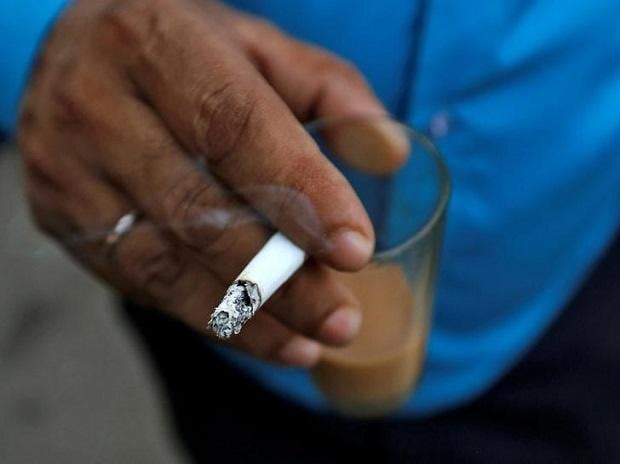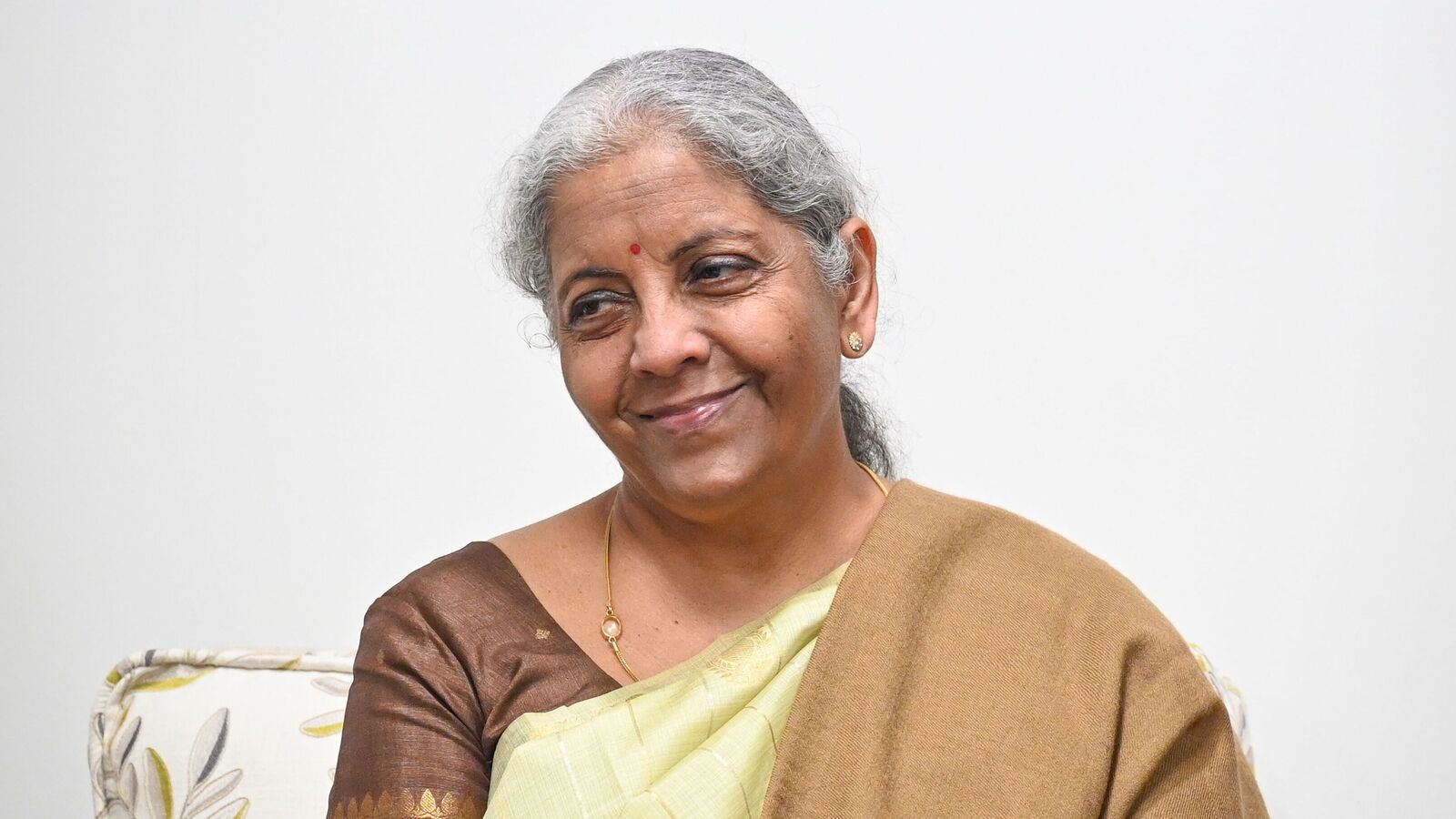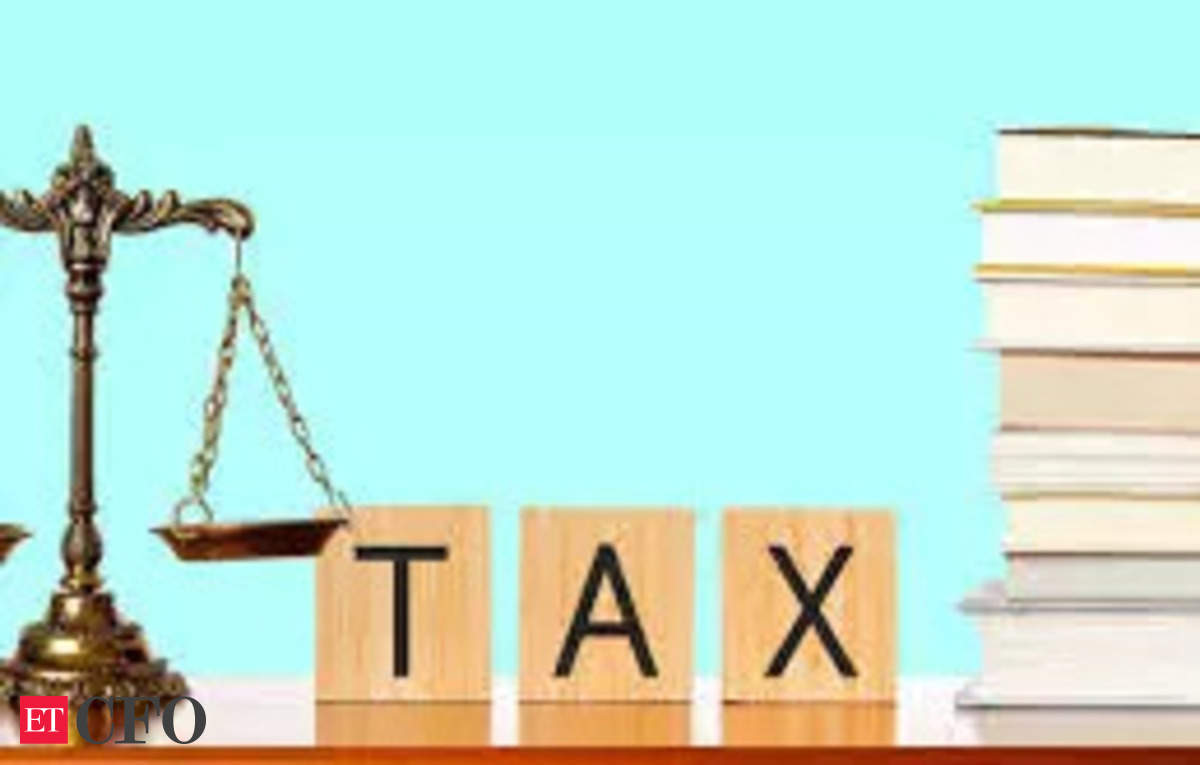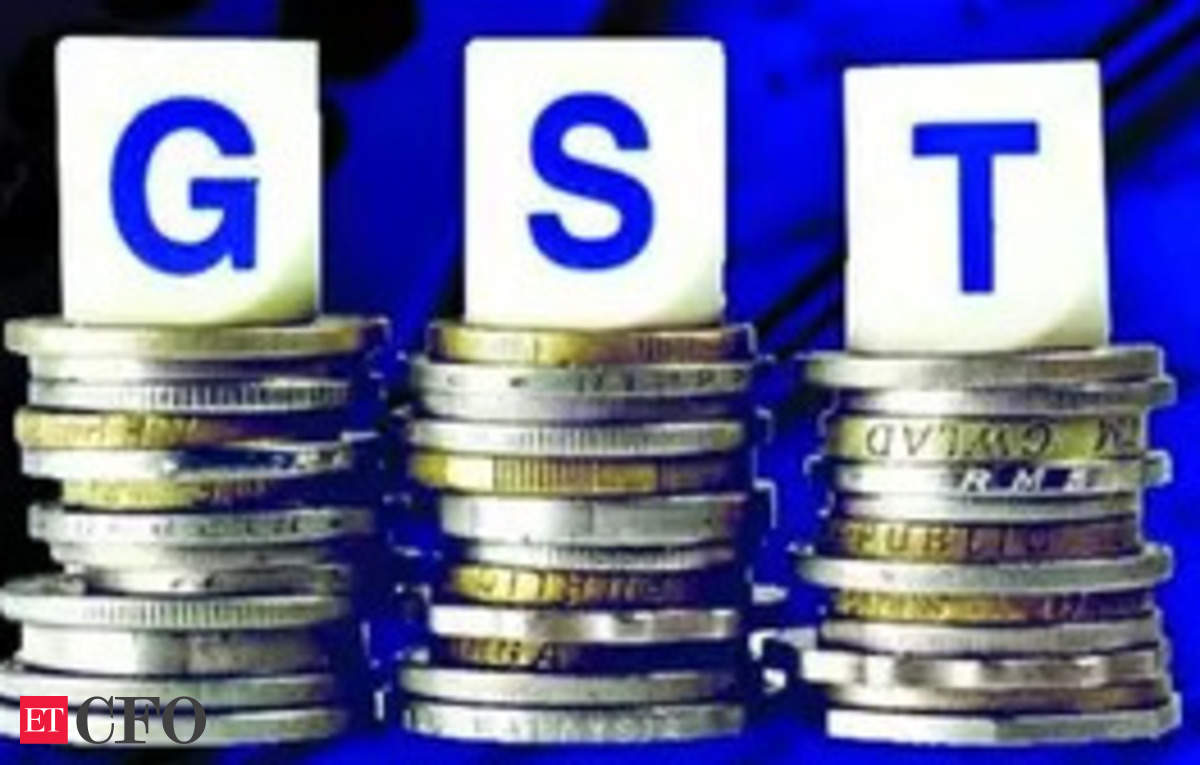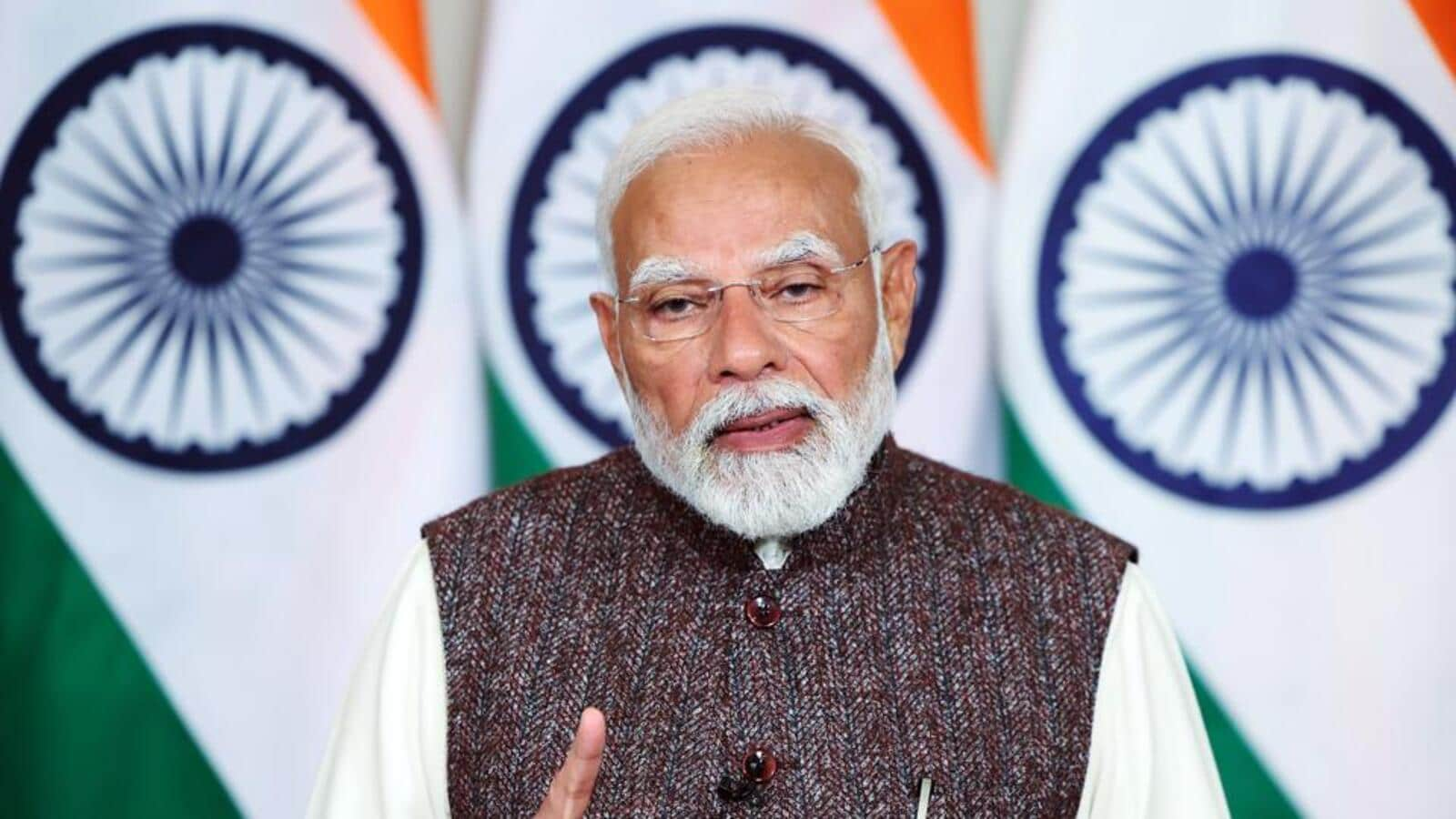Public health groups along with doctors and economists have urged the Goods and Services Tax Council to increase compensation cess on all tobacco products in order to generate additional revenue for the government.
They argued that such as a step of higher taxation will also motivate millions of tobacco users to quit and prevent youngsters from initiating tobacco use.
According to them, tax revenue from tobacco could significantly contribute to the increased need for resources and augmenting the health infrastructure.
“There has not been any major increase in tobacco taxes since the introduction of the Goods and Services Tax (GST) in July 2017 and all tobacco products have become more affordable over the past three years,” Bhavna Mukhopadhyay, Chief Executive, Voluntary Health Association of India, said.
The total tax burden (taxes as a percentage of final tax inclusive of retail price) is only about 52.7 per cent for cigarettes, 22 per cent for ‘bidis’ and 63.8 per cent for smokeless tobacco, she said, adding that this is much lower than the World Health Organisation (WHO) recommended tax burden of at least 75 per cent of retail price for all tobacco products.
According to global health body, raising the price of tobacco products through tax increases is the most effective policy to reduce tobacco use. Higher tobacco prices that decrease affordability encourage quitting among users, prevent initiation among non-users, and reduce the quantity consumed among continuing users.
I urge the GST Council to apply the compensation cess on bidis like other sin goods such as cigarettes and smokeless tobacco products, and also increase the existing compensation cess applied on cigarettes and smokeless tobacco products so that the total tax burden reaches 75 per cent of their retail price,” Dr Arvind Mohan, Dean Academic, University of Lucknow, and Professor and Head, Department of Economics said.
Such a measure can also be effective in addressing the immediate need to raise revenue by the central government to compensate state governments for their respective GST revenue shortfalls, he said.
Increasing compensation cess on all tobacco products will be a win-win proposition as it will bring in substantial revenue for the government while motivating millions of tobacco users to quit and preventing youngsters from initiating tobacco use,” Mukhopadhyay said.
India has the second largest number (268 million) of tobacco users in the world and of these, 13 lakh die every year from tobacco-related diseases, she said.
The annual economic costs from all diseases and deaths attributable to tobacco use is estimated to be Rs 1,77,341 crore in 2017-18 amounting to 1 per cent of India’s GDP.
Tobacco use which is a slow-moving pandemic itself claims the lives of 13 lakh Indians each year.
“It is critical than ever before to keep tobacco products out of the hands of vulnerable populations like youth and the underprivileged sections of society,” Dr Pankaj Chaturvedi, Head Neck Cancer Surgeon, Tata Memorial Hospital, said.
Nearly 50 per cent of all cancers in India are due to tobacco. It is in the interest of the users as well as for the country to increase taxes on all tobacco products. This will reduce their affordability and consumption, he said.
Join our Practical GST Course:
with lifetime validity: https://cagurujiclasses.com/courses/gst-course-2022/
With limited validity: https://studywudy.com/courses/gst/
Join our Practical Income Tax, ITR & TDS Course:
with lifetime validity: https://cagurujiclasses.com/courses/practical-course-income-tax-itr-tds/
With limited validity: https://studywudy.com/courses/incometax/
